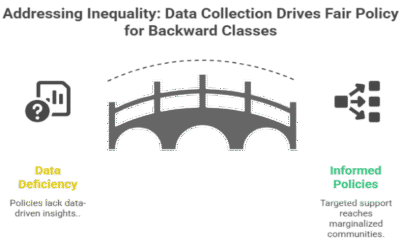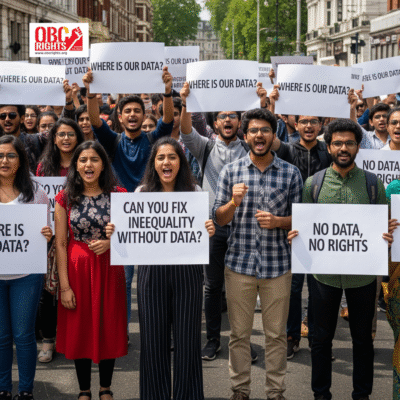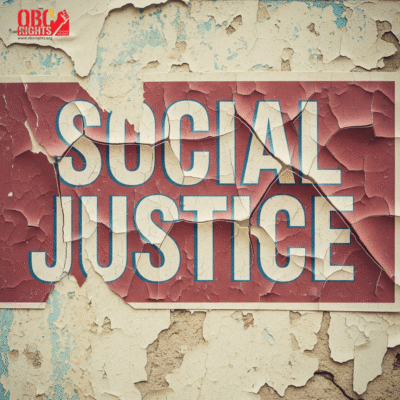To truly address inequality, we must first understand its roots, and that begins with reliable data. But what happens when governments avoid collecting the data that can reveal uncomfortable truths?
What the Constitution Says
Article 340 of the Indian Constitution allows the President to appoint a Commission to study the conditions of socially and educationally backward classes (SEBCs). This Commission studies the difficulties they face and recommends actions the state or national government should take to improve their lives.
Despite this clear mandate, neither the Central nor the Tamil Nadu State Government has taken any such major study or survey for decades.
Supreme Court Rulings Demand Data Collection
Multiple Supreme Court judgments have emphasized the need for regular data collection about backward classes:
- M.R. Balaji vs. State of Mysore (1962)
- K.C. Vasanth Kumar vs. State of Karnataka (1985)
- Indra Sawhney vs. Union of India (1992)
- Ashok Kumar Thakur vs. Union of India (2008)
These rulings made it clear: Without fresh data, how can we judge whether policies like reservations are working?
Yet, despite these court directions, governments have largely ignored the need for updated studies or surveys.
Census vs. Survey: What’s the Difference?
People often confuse the Census and the Survey, but they are quite different:
| Census | Survey |
| Conducted every 10 years under the Census Act, 1948 | Can be done anytime under the Collection of Statistics Act, 2008 |
| Covers entire population | Covers a sample or targeted group |
| National-scale data collection (e.g., population count) | Topic-specific studies (e.g., education, employment, caste data) |
Both can collect details like income, education, jobs, and social background, but surveys are more flexible and faster to conduct.
Why Caste Data Matters
Knowing caste-wise data isn’t about dividing people—it’s about ensuring that benefits and opportunities reach those who really / essentially need them. Without accurate data, it’s impossible to identify:
- Who is still left behind?
- Are reservations helping or being misused?
- What changes are needed in policy?
Many states like Telangana, Bihar, and Karnataka successfully conducted caste-based surveys, and Telangana revised the reservation too. But Tamil Nadu—ironically known for its progressive social justice movements—has not done one since 1982.

Tamil Nadu’s Missed Opportunity
In 1982, Tamil Nadu raised the BC quota from 31% to 50%, prompting a Supreme Court challenge. The Court then asked the state to justify the increase, leading to the formation of the Amba Shankar Commission.
But here’s the twist—that report was later declared unreliable by the Madurai Bench of the Madras High Court. Since then, no caste survey has been conducted in Tamil Nadu—not even when there has been loud public demand for it, especially from BC and MBC groups since 2020. It is very sad to place it on record that in TN, no reliable Caste datas are available since 1931.
So, What’s Holding Them Back?
There’s no legal bar stopping the state or central government from conducting caste surveys. Yet, there’s a noticeable reluctance, perhaps due to political fear that the data might force policy changes or upset existing power structures.
If governments truly care about equality and upliftment, why hesitate to collect facts?
In Conclusion
Without proper data, policies designed for backward classes are based on assumptions rather than evidence. And when those in power avoid collecting such data, it raises a serious question:
Are they really trying to fix inequality, or just manage it politically?
Without facts, fairness becomes fiction. As youth, it’s time we stop accepting guesswork and start demanding clarity.



